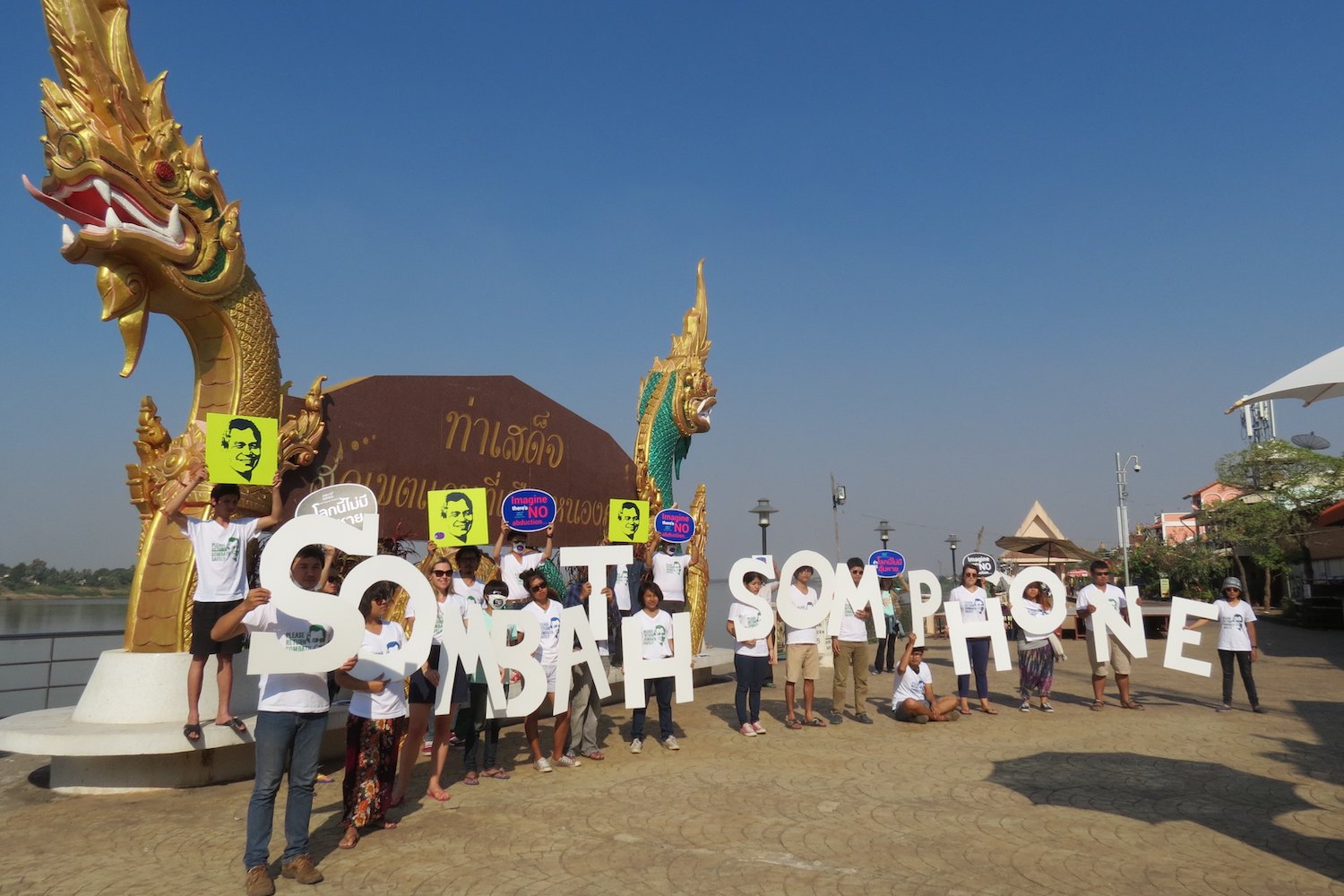OHCHR: 29 August 2017
 (Note: The Lao PDR has twice promised to ratify this convention in its Universal Periodic Review, but it has not yet done so.)
(Note: The Lao PDR has twice promised to ratify this convention in its Universal Periodic Review, but it has not yet done so.)
At a time when enforced disappearance is practiced in every region, and in many countries is increasing, a group of UN human rights experts* urge all Member States to ratify the International Convention for the Protection of All Persons from Enforced Disappearance.
To mark the International Day of the Victims of Enforced Disappearances, the UN experts highlight: “It is inadmissible that in 2017, enforced disappearances continue to happen. Every day we receive new cases of persons subjected to enforced disappearances across the world. When this happens, the life of entire families breaks in pieces and the very fabric of the society is damaged. This needs to end, and by ratifying the Convention, States can start the path towards achieving this aim”.
“There is no valid excuse for this Convention not to become universally ratified,” said Suela Janina, Vice-Chair of the Committee on Enforced Disappearances. “Following the ratification, States should introduce new legislation and ensure its application in practice”.
The Convention provides States with a basis for the establishment of a solid legal framework in the areas of prevention, punishment, reparation and non-recurrence of enforced disappearances as well as with a tool to protect disappeared persons and their relatives.
“By ratifying it, States are a step closer to ending this horrendous crime, ensuring justice for the victims and fight against impunity. Our aim is to double the number of States parties to the Convention in the next five years”, added Suela Janina.
The Convention also establishes the obligations for States to hold persons deprived of their liberty in officially recognized places of detention, to disclose their whereabouts and to provide accurate and prompt information on their detention to their family, their counsel, or other persons with a legitimate interest.
The Chair of the Working Group, Houria Es-Slami emphasized: “Relatives have a right, as victims themselves, to know the truth about the circumstances of the enforced disappearance, the whereabouts of their loved ones, the progress and results of the investigation, and ultimately the fate of the disappeared person”.
The UN experts also expressed their concern at the shrinking of democratic space for relatives and human rights defenders working on enforced disappearances, underlining the obligation of States to ensure that they can conduct their work effectively and without fear.
“We are extremely concerned that we continue to receive reports of acts of intimidation, threats, stigmatization and reprisals against those who work to shed light on cases of enforced disappearances. They should be helped and protected rather than threatened”, stressed Houria Es-Slami.
“We reaffirm our solidarity with and support to the victims of enforced disappearance, their relatives and those helping them in their struggle for truth and justice. The Committee and the Working Group will continue their work with resolve and determination to assist victims in the search for their loved ones”, concluded the experts.

